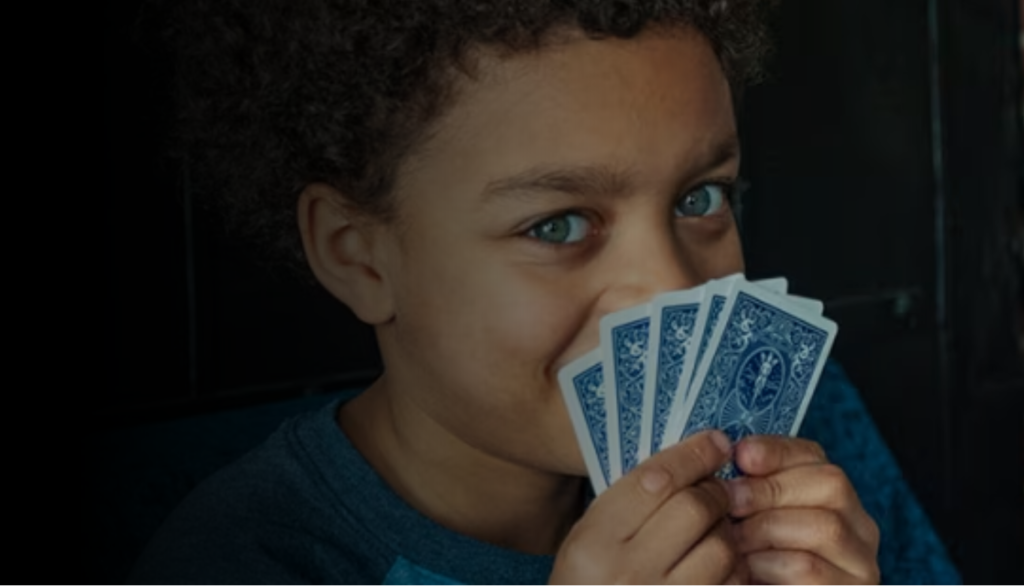
How Children Learn Relationships
Playing is how children learn from a young age. Have you ever seen babies giggle as you play the simplest game of hide and seek – one moment you see me, the next you don’t? Not only is it cute, but it also teaches young brains about the world and the most important people in their lives.
Through play, children learn the rules of how to treat each other. They figure out what is fair and what is unfair and learn to lose and win together. Playing with others teaches children teamwork and strategy. At the same time, they are learning valuable social skills and, most importantly, making lifelong friends. All of this comes naturally to children, and they can turn any moment into
…Why We Still Play As Adults
Is play still important when we grow up? Of course. Playtime may not be an essential part of our lives as adults, but we always find time to have fun and play games. Whether it’s an elaborate gathering like getting together with friends to play cards or board games or simply joking around with someone in the office, a game of rummy is fun for all ages.
Researchers believe that play is essential for human connection. “Play is deeply rooted in our own evolutionary drive for survival,” says Dr. Bowen White, founding member of the National Play Institute. “Play helps us connect with others because we open ourselves up in a way that makes them feel like, maybe, this person is safe to be with, and maybe even fun.”
When we choose to come together and enjoy each other’s company through play, we build trust.
Play connects us all
Playing games is a great way to spend time with friends and family, share laughs, and relax. More importantly, games can bring people together in a way that nothing else can. That’s why many businesses use games for team-building, and why playing games is the quickest way to break the ice with a group of strangers. Games can convince grandma to play on the floor with an enthusiastic toddler, or they can help you find common ground with someone you’ve just met.
This brings us to Plato’s famous quote: “You learn more about a man by an hour of play than by a year of conversation.” Plato probably never said this. He probably didn’t even believe it—his writings suggest he thought games were a bit frivolous.
The ancient Greeks, however, believed very much in the importance of play. They thought “play” could be anything from music and dance to sports and board games. How do we know? One example is a beautiful amphora made by the potter Exekias, depicting the mythical heroes Ajax and Achilles. If they could find time to play a dice game on the battlefields of Troy, then surely we can too.
You can also play games at rummy modern.
